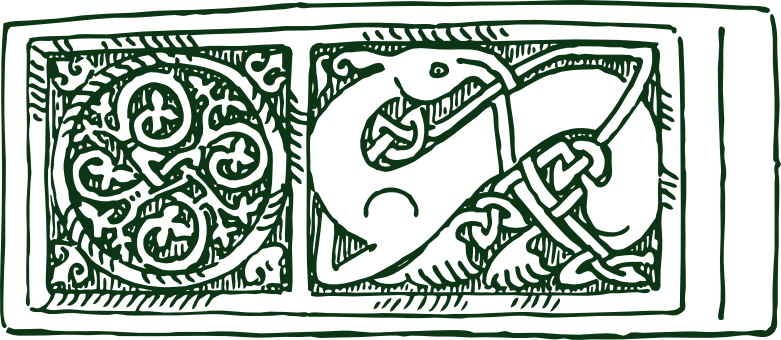Paul Goodwin (War Memorial Trust)
At the meeting of the Dumfries and Galloway Natural History and Antiquarian Society held in Dumfries on 7th November, Paul Goodwin brought the audience up to date on the current initiatives to research and record our Greet War forbears. Nobody could fail to be impressed by the extent of new information coming to light, even a century after the outbreak of the First World War. The seemingly straightforward listing of the area's war memorials still has surprises, as exampled by the 1914–18 church clock at Borgue, which has just been formally recognised and recorded.
Mr Goodwin, who himself served in the army, lives at Dalry and is foremost in the very active Scottish Military Reseanch Group, the largest record of military memorials in Scotland. The War Memorials Trust covers the wider UK, and funding is available for maintaining monuments suffering decay.
The central theme of the talk was not just the monuments of stone or metal, but the evocation of the real people they record, their lives, their families, and their places in our communities and in our own lives. John McCrae, who wrote the inspirational verses "In Flanders fields the poppies blow between the crosses row on row …", was a medical officer in the Canadian army, with his origins firmly in Galloway. His grandfather was born at Dukieston near Dalry and his father at Laurieston. The family farmed at Carsphairn before emigrating.
The slides accompanying the talk showed the width of interest in the memorials and the human stories they reveal. Monuments at Dumfries, Crossmichael and Gatehouse of Fleet each bear the sad story of four brothers killed in the Great War, and that at at Kingholm Quay lists a father and three sons. The Balmaclellan memorial includes a 1925 death — of injuries sustained long before in the Great War.
The emphasis currently is on the Great War, but other conflicts are often included on memorials. The memorial at St John's in Dumfries records victims of six wars, including two from Afghanistan and a unique example from Vietnam. Tomas Calvin of Castle Douglas has the distinction of featuring on four war memorials — the civic one and the memorials of three other organisations with which he was associated.
A memorial in Annan to Henry James Scott, killed at Loos in 1915, records what is probably the last example in the Great War of a body brought home (at the family's expense) for burial, around the time that option was withdrawn.
It was heartening to hear of the work being done to identify and maintain the monuments which have so much interest for all of us, and the society was privileged to have Mr Goodwin to talk about them and to encourage communities to keep up the efforts currently being made.
